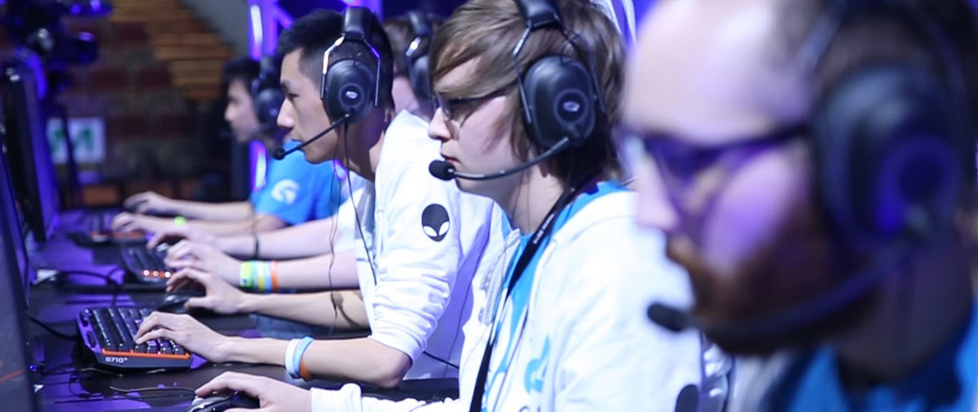
The Real World Series
 This column is a reprint from Unwinnable Monthly #97. If you like what you see, grab the magazine for less than ten dollars, or subscribe and get all future magazines for half price.
This column is a reprint from Unwinnable Monthly #97. If you like what you see, grab the magazine for less than ten dollars, or subscribe and get all future magazines for half price.
———
Every week, Megan Condis and a group of friends get together for Documentary Sunday, a chance to dive into the weird, the wacky, the hilarious and the heartbreaking corners of our culture. This column chronicles all of the must-watch documentary films available for streaming.
———
I’m writing this review during one of the most exciting World Series in baseball history. The Houston Astros and the LA Dodgers are putting on a show for the ages, trading the lead back and forth and, in their most recent game as of this writing, spilling over into extra innings and playing late into the night.
But can this athletic spectacle really call itself a “World” Series? Major League Baseball is, after all, comprised only of teams from North America, all but one of them are from the United States. What about the professional teams from countries like Japan, Israel, Cuba, the Philippines and South Korea, all of which have had success on the international stage?
Unlike baseball, the World Championships of the esports megalith League of Legends is truly international. Right now, teams based in North America, Europe, China, Japan, South Korea, Taiwan, Hong Kong, Brazil, Latin America, Oceania, Turkey and Russia are all battling it out on Summoner’s Rift for a piece of the $4,100,000 prize pool. And these keyboard jockeys are attracting the interest of traditional pro sports institutions. For example, ESPN now has a space on their website dedicated to esports news and NBA owners are starting to buy purchase popular esports teams (perhaps because, as was reported last year, more people tuned in to watch the world finals of the League of Legends than did those who watched the Cleveland Cavaliers and the Golden State Warriors in the NBA finals). There are even NCAA-style college teams popping up all over the United States and at least five schools are now offering scholarships to esports athletes.
If esports are starting to be treated more and more like traditional sports, then it is unsurprising that esports movies have started to look more and more like traditional sports movies. All Work All Play: The Pursuit of Esports Glory (Creadon, 2015) is a perfect example. Players fall easily into the expected archetypes that are familiar to us from movies like Hoosiers or The Mighty Ducks: the grizzled veteran and mentor, the flashy, cocksure up-and-comer, the plucky underdog.
The only trouble is, while we have absorbed enough knowledge about sports like basketball or hockey to follow along with those traditional sports movies, esports does not yet have the same kind of cultural footprint. Therefore it is difficult to follow the action onscreen if you aren’t already familiar with League of Legends or with MOBA-style games in general. The movie could use an introduction for newbies, explaining each team member’s role in a match, the various objectives that teams might choose to prioritize, and what kinds of strategies are feasible at different stages of the game (or so say my very patient roommates, who sat through this film along with me and who have a combined 20 minutes of League of Legends experience between them). Without such a primer, the well-known emotional beats of the sports film seem a little bit hollow. We know how we are supposed to feel at any given moment, but we aren’t sure why.
As a result, the behind-the-scenes sequences about the producers working hard to put together the tournament itself become much more compelling than the esports action. In a way, they are also plucky underdogs, the Bad News Bears of sports broadcasting who are doing their best to break into a crowded industry. Their battle isn’t the titular battle for “glory.” It is the battle for recognition and legitimacy.
In the two years since the film came out, great gains have been made on this particular battlefield. The money is starting to pour in and, with it, the possibility of building a franchise that can penetrate into the mainstream. In the meantime, though, we still need someone to teach us just how to watch.
———
Megan Condis is an Assistant Professor of English at Stephen F. Austin State University. Her book project, Gaming Masculinity: Trolls, Fake Geeks, and the Gendered Battle for Online Culture, is under contract with the University of Iowa Press.




